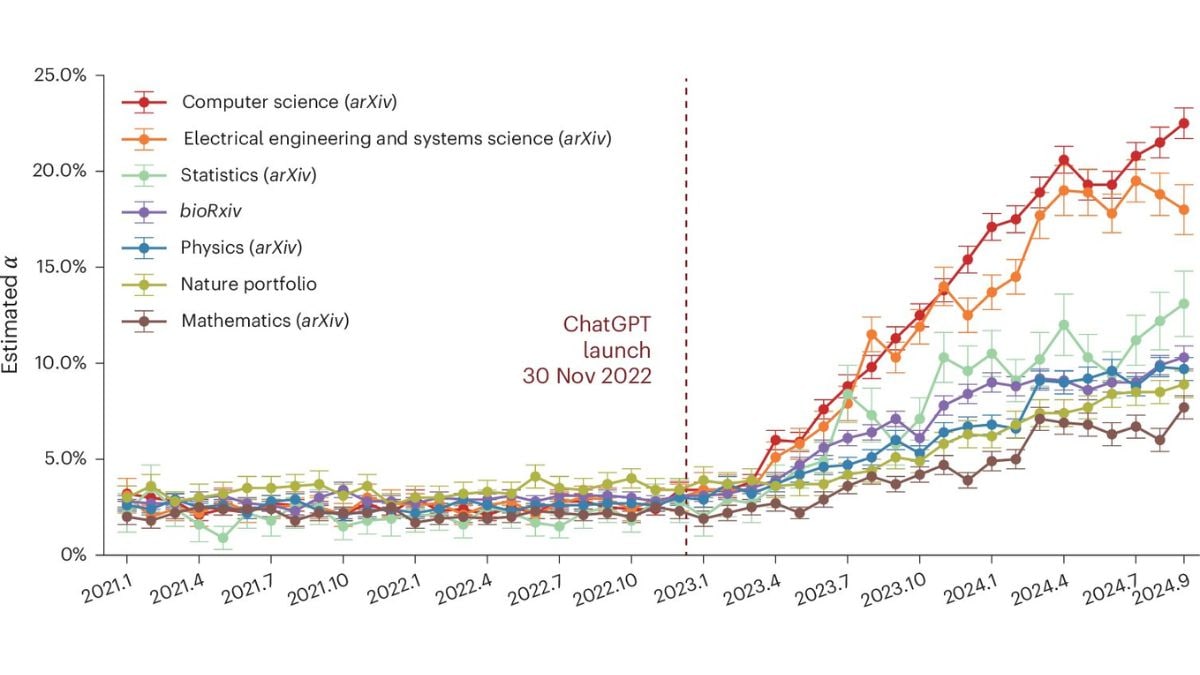Trump demands resignation of Intel’s new CEO

Intel is a company in crisis, failing to compete with the products of its booming rivals and struggling to get back on its feet after a high-profile leadership shakeup and devastating layoffs. The last thing it needs is to be in the crosshairs of an increasingly dictatorial federal government. But that is indeed what’s happening, as U.S. president Trump demands that Intel’s new CEO Lip-Bu Tan resign.
“The CEO of INTEL is highly CONFLICTED and must resign, immediately. There is no other solution to this problem,” Trump posted to Truth Social, a private social network owned and controlled by the president of the United States.
Trump offered up no specifics and no evidence to support the claim. As TechCrunch notes, the early-morning post follows less than two days after senator Tom Cotton, a Trump ally from Arkansas, wrote a letter to Intel’s board questioning Tan’s investments in Chinese businesses. Of particular contention is Tan’s former leadership of Cadence Design Systems, which was fined $140 million for violating export restrictions to China. Reuters raised concerns over Tam’s Chinese investments in April, a month after he accepted the position following Pat Gelsinger’s retirement last year.
One of the biggest cornerstones of Trump’s second term is isolationism and spurring investment in United States manufacturing, particularly in the lucrative and visible chip fabrication sector. Intel is a major beneficiary of the CHIPS Act passed during former president Biden’s term, and is currently constructing massive new semiconductor factories in Ohio, in addition to its primary facilities in Oregon and secondary plants in Arizona and New Mexico.
Trump yesterday announced plans to raise import tariffs on semiconductors, essential components in basically all electronics, to 100 percent. He implied that he would waive the restrictions for companies that are “building in the United States,” which would presumably include Intel. Intel’s new Ohio fabrication plants are scheduled to come online in 2030 and 2031.
The Trump administration has established a pattern of attempting control over major American corporations. The Paramount/CBS merger with Skydance Media, a deal years in the making, was only approved by the FCC after Paramount paid a $16 million lawsuit settlement to Donald Trump following a 60 Minutes interview with his campaign opponent Kamala Harris. CBS subsequently cancelled The Late Show, the best-performing TV show in its aging niche, after host Stephen Colbert was critical of the president.
Earlier this week, Apple CEO Tim Cook presented Trump with a golden plaque after announcing an additional $100 billion in investments in American manufacturing. Intel rival Nvidia has announced $500 billion in U.S. manufacturing on soaring profits during the AI boom. Restrictions on exports to China specifically for Nvidia’s AI chips were eased following Nvidia CEO Jensen Huang’s attendance at a $1 million-a-seat dinner at Trump’s private residence in Florida.
It certainly appears that there can be business rewards for indulging Trump, and steep regulatory hurdles for refusing to do so. Exactly how Intel might be rewarded or punished has yet to be seen.






